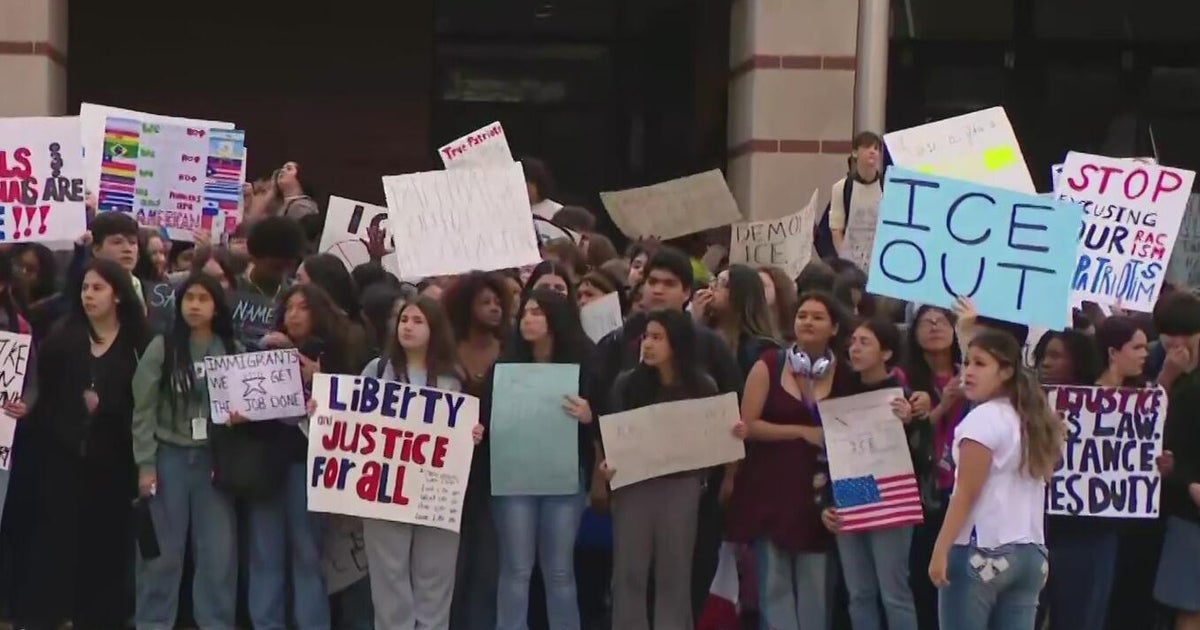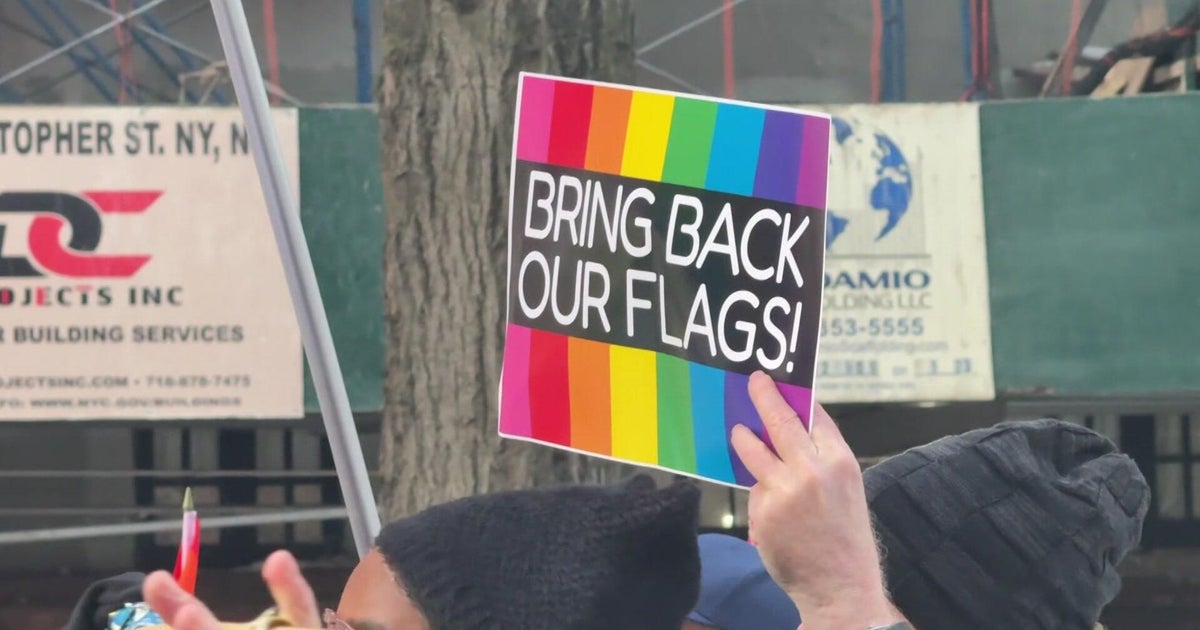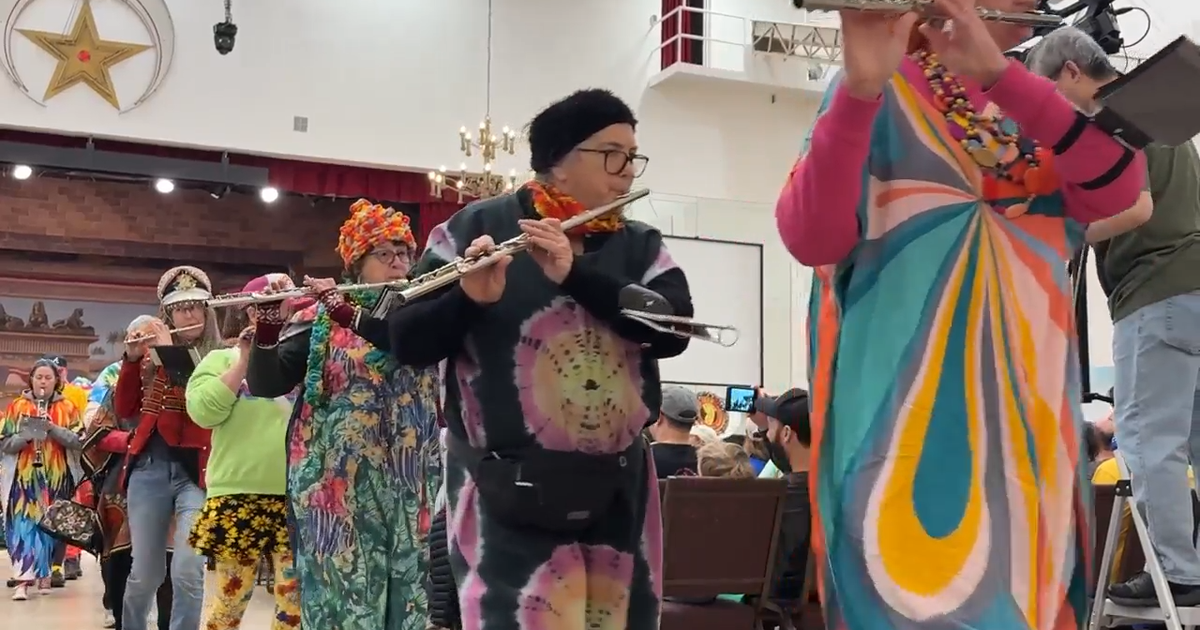Raising Minimum Wage To $9 Draws Mixed Reaction
DALLAS (CBS 11 NEWS) - Unemployed workers at a Dallas job fair today were largely excited by President Obama's call to raise the federal minimum wage -- even while expressing optimism that their skills would earn salaries far higher.
Mary Munoz was looking for a position in customer service that would pay in the neighborhood of $15 an hour, but still agreed that minimum wage workers should get more.
"I think that would be great, very great," says Munoz. "They [businesses] are still making their money, they could at least help out their employees."
In his State of the Union address Tuesday, President Obama called for raising the minimum hourly wage from the current $7.25 to $9 by the end of 2015. "Let's declare that in the wealthiest nation on earth, no one who works full time should have to live in poverty." The President also proposes tying the minimum wage to increases in inflation.
"I think it's great, added Jared Ivey of Arlington. "I mean, we need to make more money, especially the low income families."
The White House says the new wage would raise pay for more than 15 million workers, and indirectly help millions more.
The proposal is expected to draw opposition from business groups and congressional Republicans who say higher pay rates increase costs and reduce employment.
Edgar Molina admitted to being "still on the fence" about the proposal, believing that salaries should reflect skills. "We'd have to make that up somewhere," says Molina. And many experts agree, saying the President's push is largely symbolic since so few workers actually earn minimum wage.
However, Mike Davis, an economist at SMU's Cox School of Business says low wage workers may also be negatively affected by the proposal.
"The impact I worry about more, is on those very marginal workers," says Davis. "People who are just barely hanging on to their jobs at the current minimum wage, if all of a sudden their employers have to pay them an extra $1.50, $1.75, some of those people are gonna get fired!"
Davis says a better long term answer is to help the nation's poorest workers acquire skills that would then command livable wages.
"We can do whatever we want with the rules and regulations, but until those marginal workers get the education that they really need to become more employable, we're not going to make much of an impact on that group."
Also Check Out:







